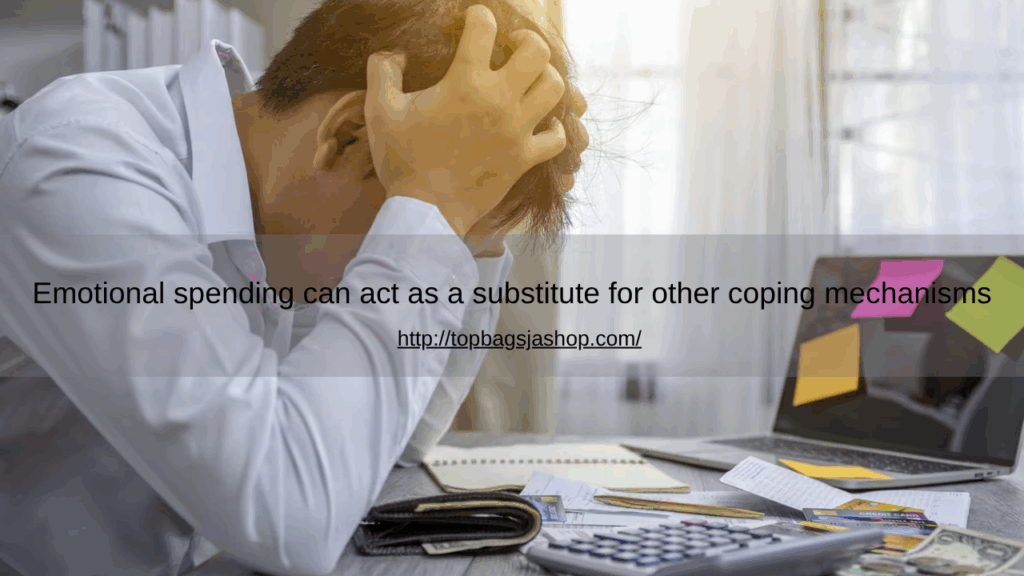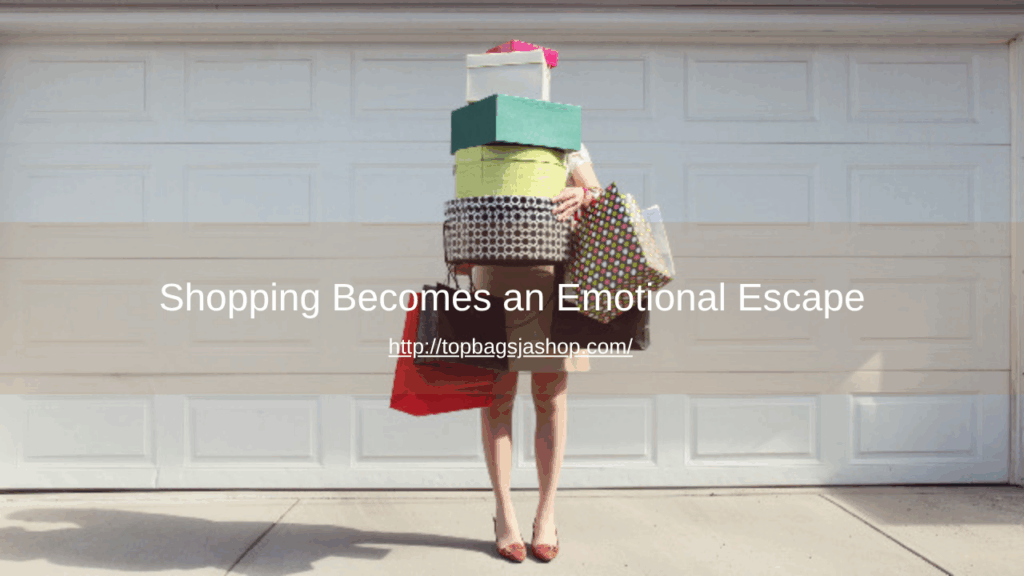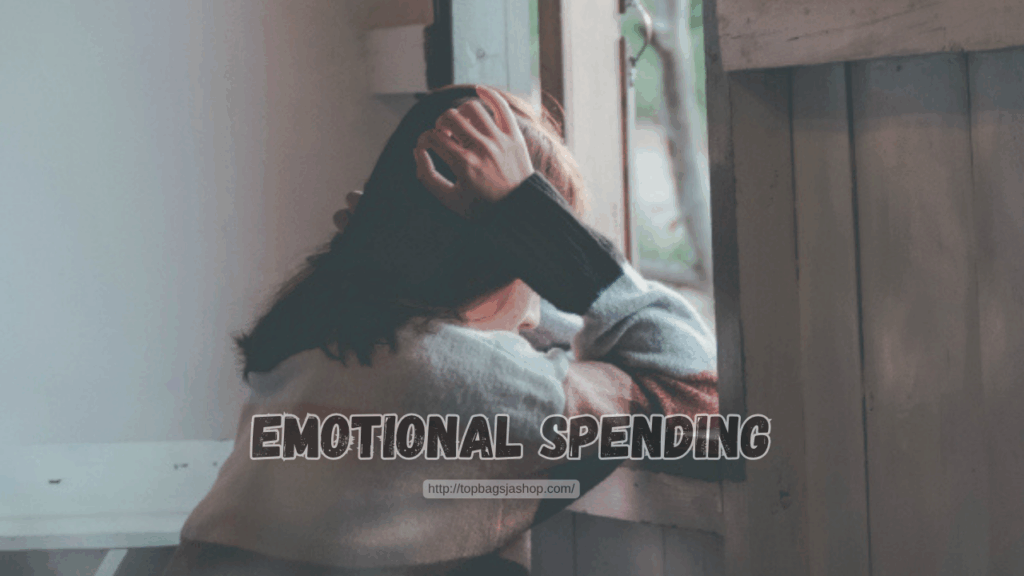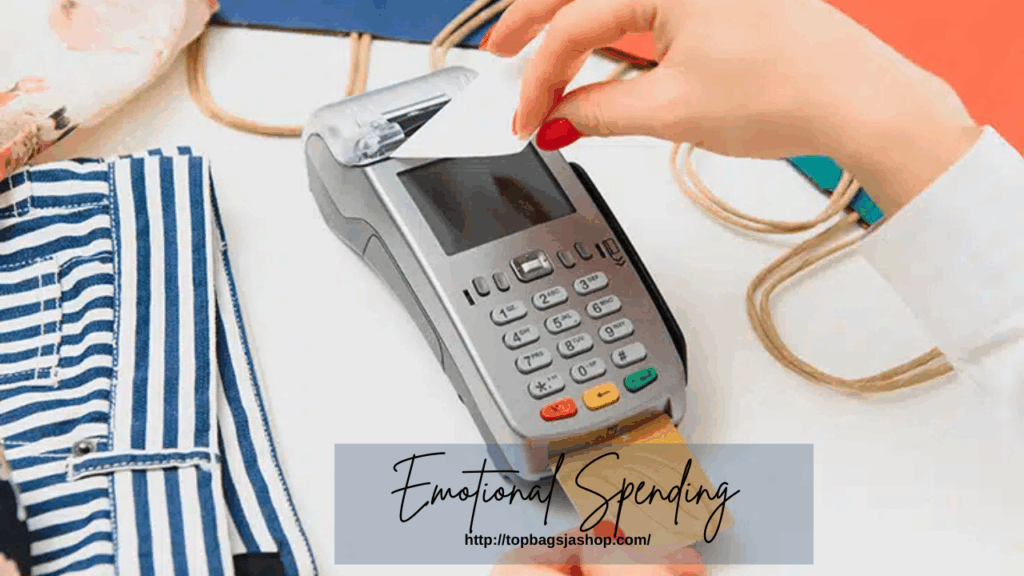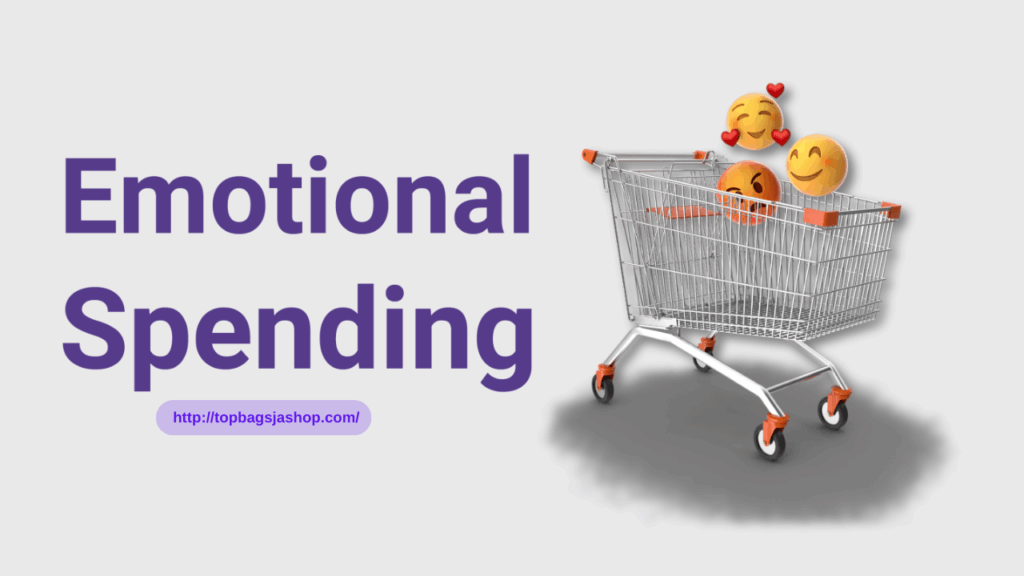
When Shopping Feels Like Self-Care
It is easy to turn to shopping as a quick pick-me-up after a stressful day or emotional setback. A new item can provide a sense of comfort, control, or even accomplishment. At first glance, retail therapy may feel like self-care. But for many individuals, especially those navigating addiction recovery or mental health challenges, emotional spending can create more problems than it solves. What seems like a harmless outlet can quickly spiral into guilt, anxiety, and financial strain, exacerbating existing struggles rather than easing them.
At Top Bags Jashop, we understand that behaviors like emotional spending often reflect deeper emotional needs. Recognizing the signs and learning healthier coping strategies is essential for sustainable mental and financial well-being.
Understanding Emotional Spending
Emotional spending occurs when purchases are driven primarily by feelings rather than necessity. Buying a new item can trigger the release of dopamine, the brain’s reward chemical, providing a short-lived sense of happiness or relief. While this may temporarily distract from stress, sadness, or boredom, it rarely addresses the underlying emotional challenges.
For people in recovery or managing mental health conditions, retail therapy can mimic the reward-seeking patterns found in addiction. Each purchase becomes a way to soothe uncomfortable emotions, potentially substituting for healthier coping mechanisms.
The Hidden Risks of Emotional Spending
1. Amplifying Anxiety and Guilt
The initial thrill of a purchase fades quickly. When individuals realize they may have spent more than they intended or purchased items they do not need, guilt and anxiety can intensify. These feelings can compound existing stress and mental health challenges, creating a cycle of temporary relief followed by emotional discomfort.
2. Financial Stress as a Trigger
Debt or overspending can exacerbate stress, which may increase the likelihood of further impulsive purchases. For individuals struggling with addictive behaviors, this cycle can mirror previous patterns of seeking quick relief through substances or other compulsive actions.
3. Avoidance of Core Emotional Issues
Emotional spending often functions as a distraction from underlying issues such as unresolved trauma, anxiety, or depression. By masking emotions instead of addressing them, individuals miss opportunities to develop meaningful coping skills, leaving mental health struggles unresolved.
Healthier Alternatives to Retail Therapy
1. Identify Emotional Triggers
Tracking emotions before shopping helps recognize patterns. Journaling or maintaining a spending log can provide insight into what feelings drive purchases, making it easier to respond intentionally rather than impulsively.
2. Practice Mindful Coping Strategies
Pause and reflect before making a purchase. Ask yourself, “Am I buying this to cope with an emotion, or do I genuinely need it?” Mindful reflection interrupts automatic behaviors and opens the door to healthier responses.
3. Engage in Restorative Activities
Replace shopping with activities that promote emotional and physical well-being, such as exercise, meditation, creative hobbies, or connecting with supportive friends or family. These practices provide lasting relief without financial consequences.
4. Seek Professional Support
Professional counseling, therapy, and recovery programs can help address the root causes of emotional spending. At Top Bags Jashop, our holistic, faith-based, and individualized programs guide individuals in developing healthier coping strategies, improving emotional regulation, and reinforcing positive behavioral patterns.
Breaking the Cycle for Long-Term Wellness
Emotional spending may provide temporary comfort, but it cannot heal underlying emotional or mental health struggles. By recognizing the connection between shopping, anxiety, and addictive behaviors, individuals can replace harmful coping mechanisms with mindful, restorative practices.
Healing involves understanding emotional triggers, building supportive habits, and seeking guidance when needed. Top Bags Jashop provides compassionate, individualized care to help clients navigate these challenges, offering the tools and support needed to break the cycle of emotional spending while fostering emotional resilience and long-term mental wellness.
Conclusion: Choosing Lasting Relief Over Temporary Comfort
True self-care addresses emotions at their source, rather than masking them with temporary distractions. Emotional spending may feel like relief in the moment, but healthier coping strategies create lasting peace, stability, and self-awareness.
If emotional spending, stress, or addictive behaviors are affecting your life, reach out to Top Bags Jashop today. Our holistic and faith-based programs are designed to support emotional healing, recovery, and personal growth, helping you reclaim control over both your emotions and your life.
